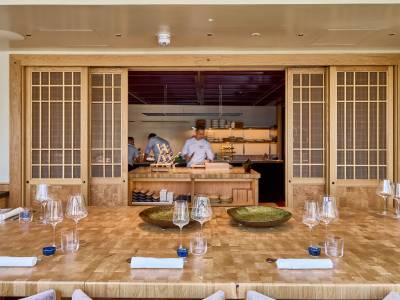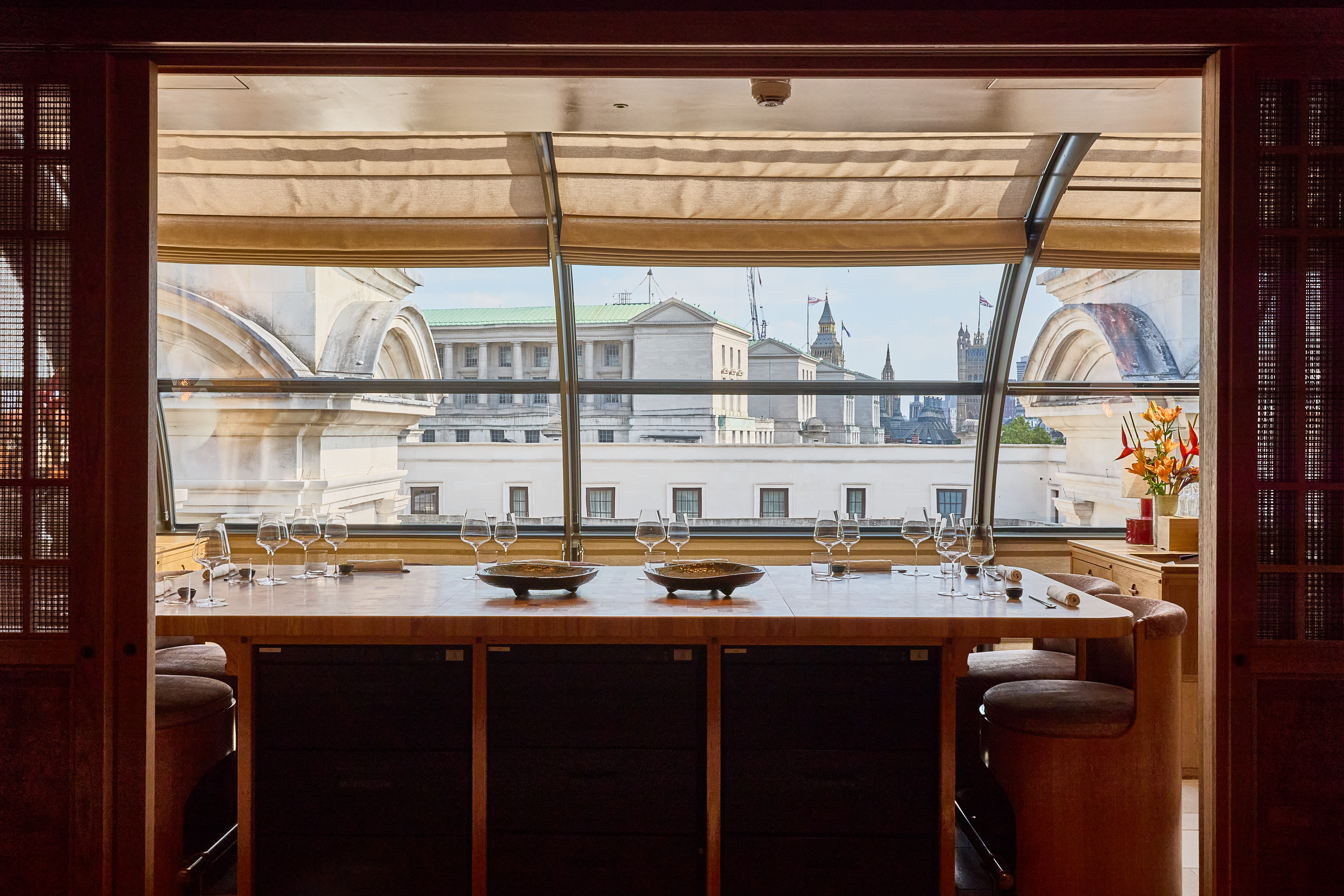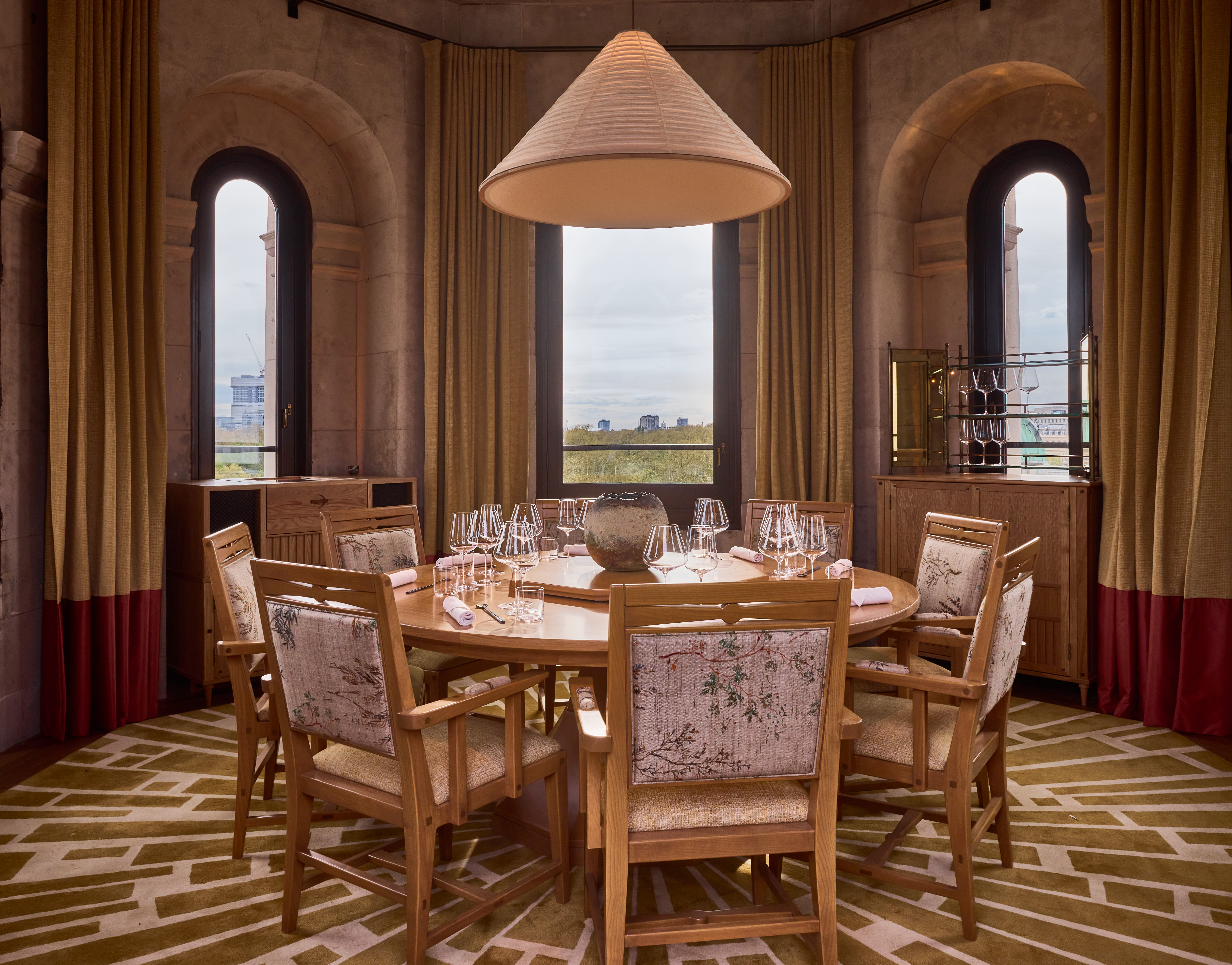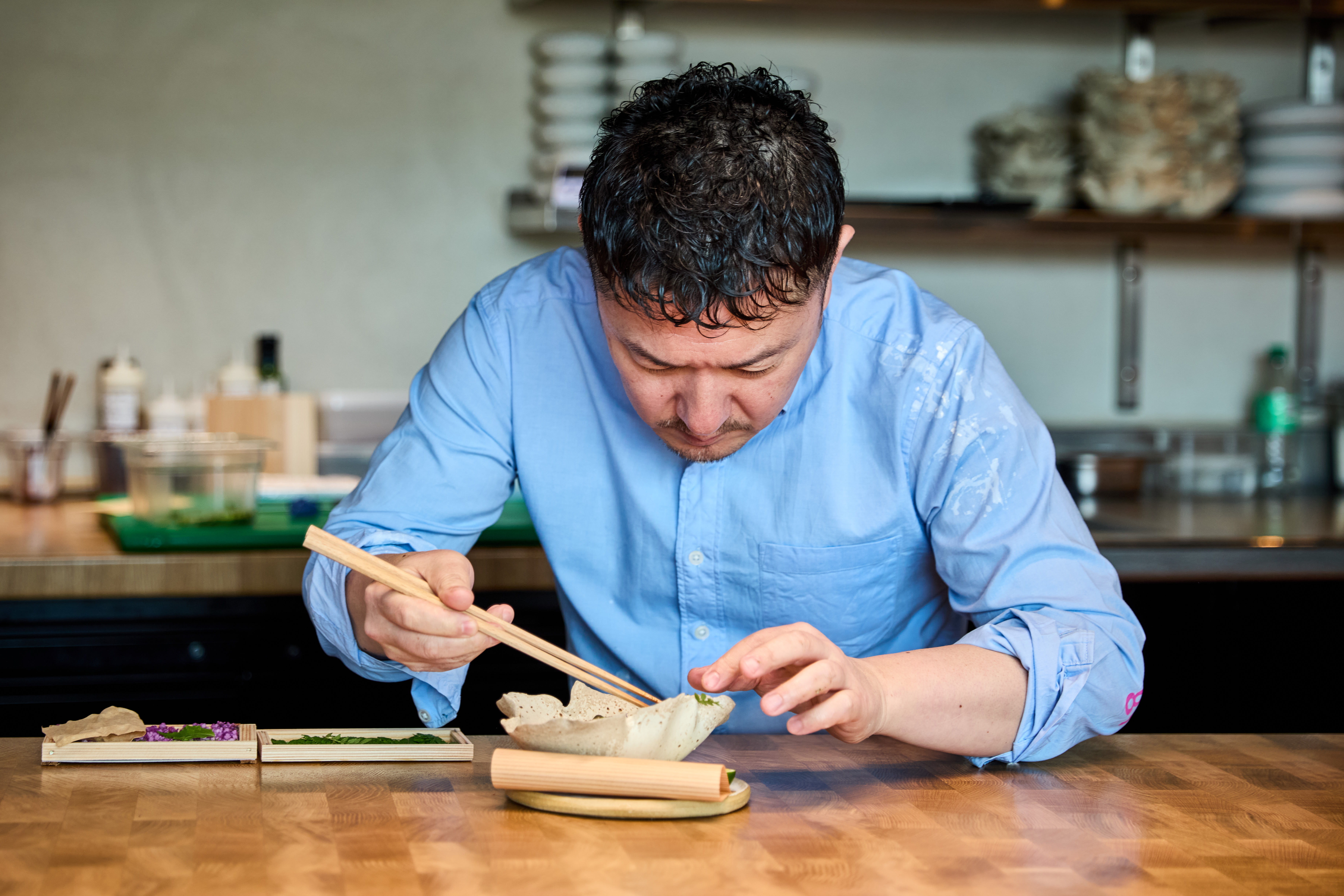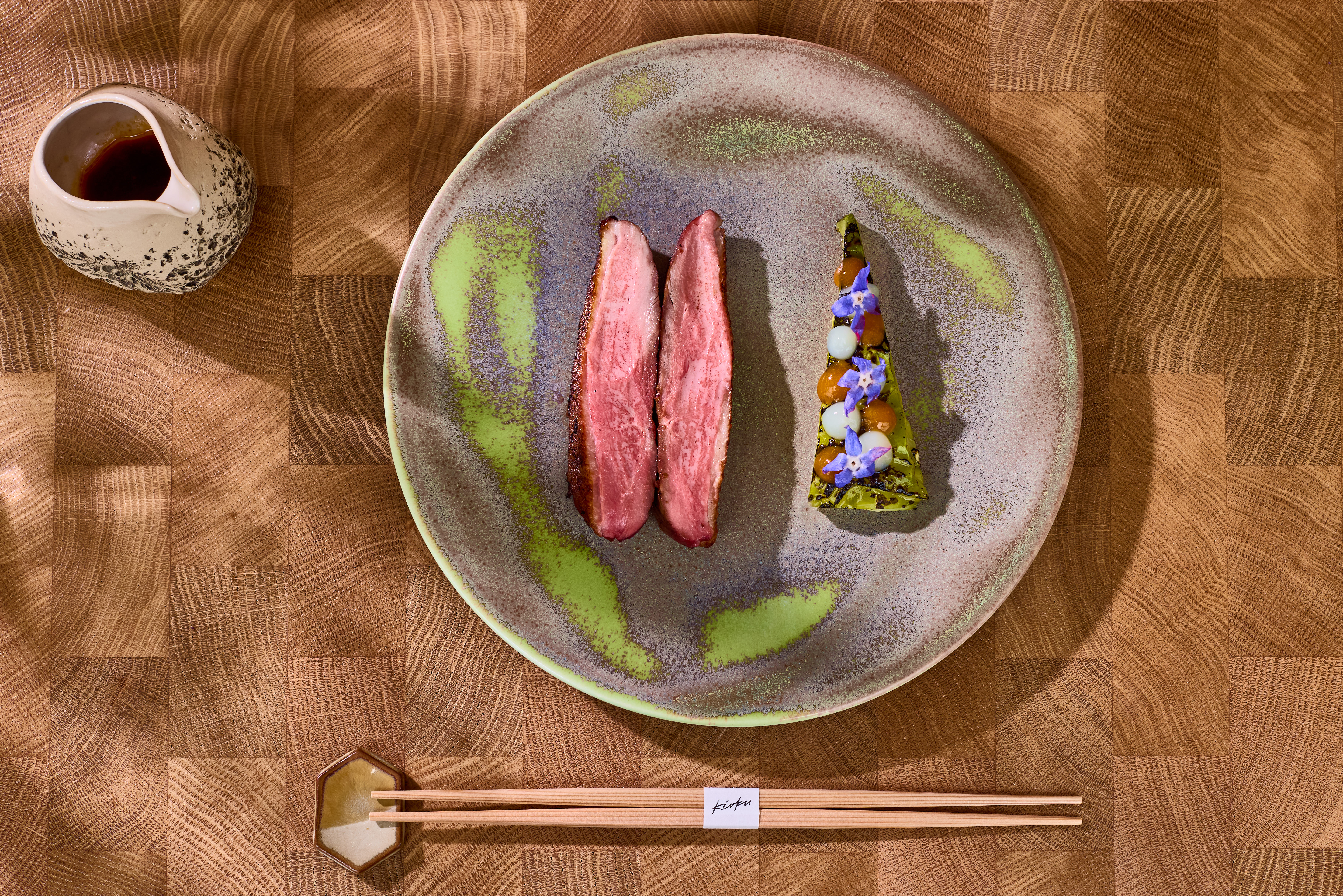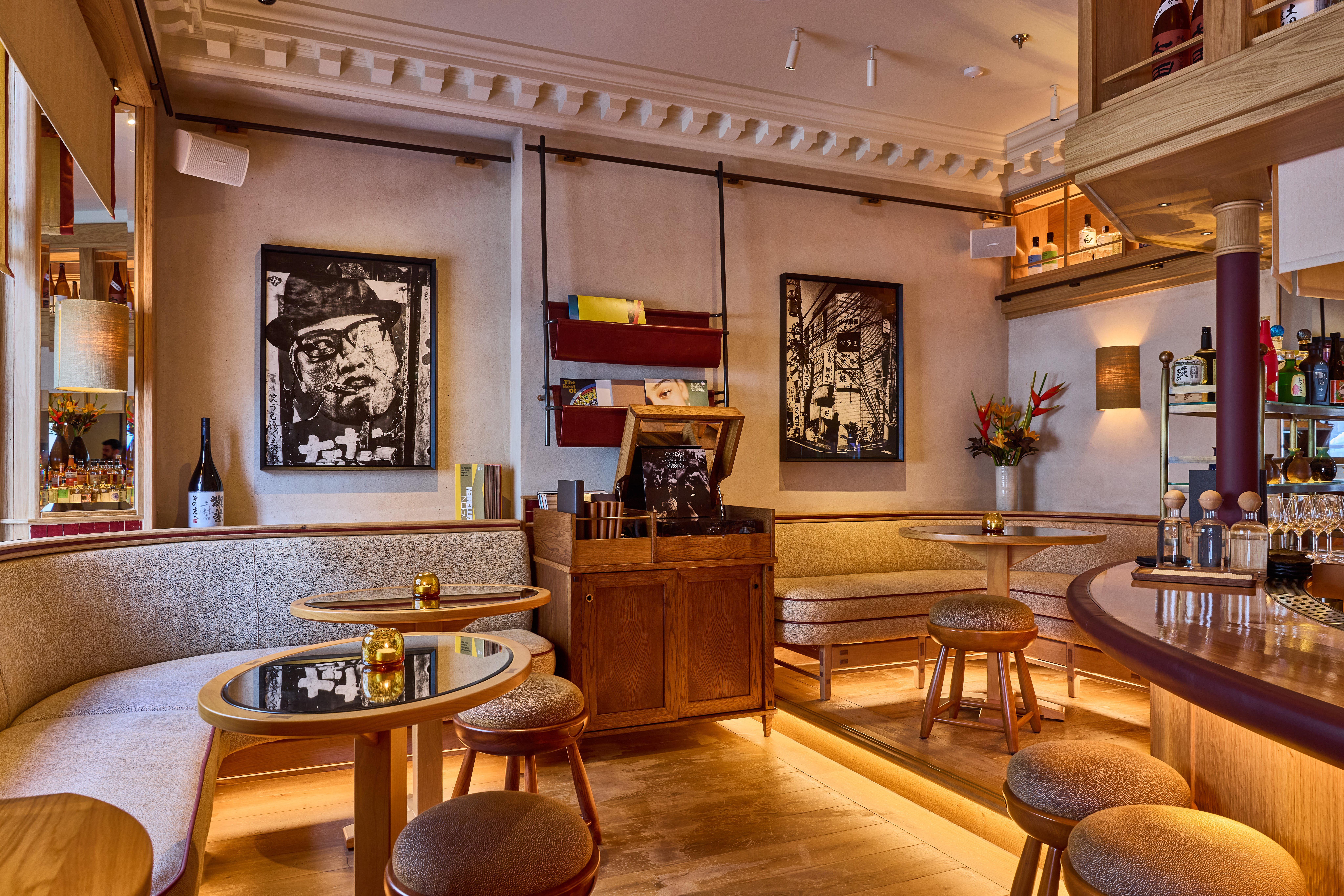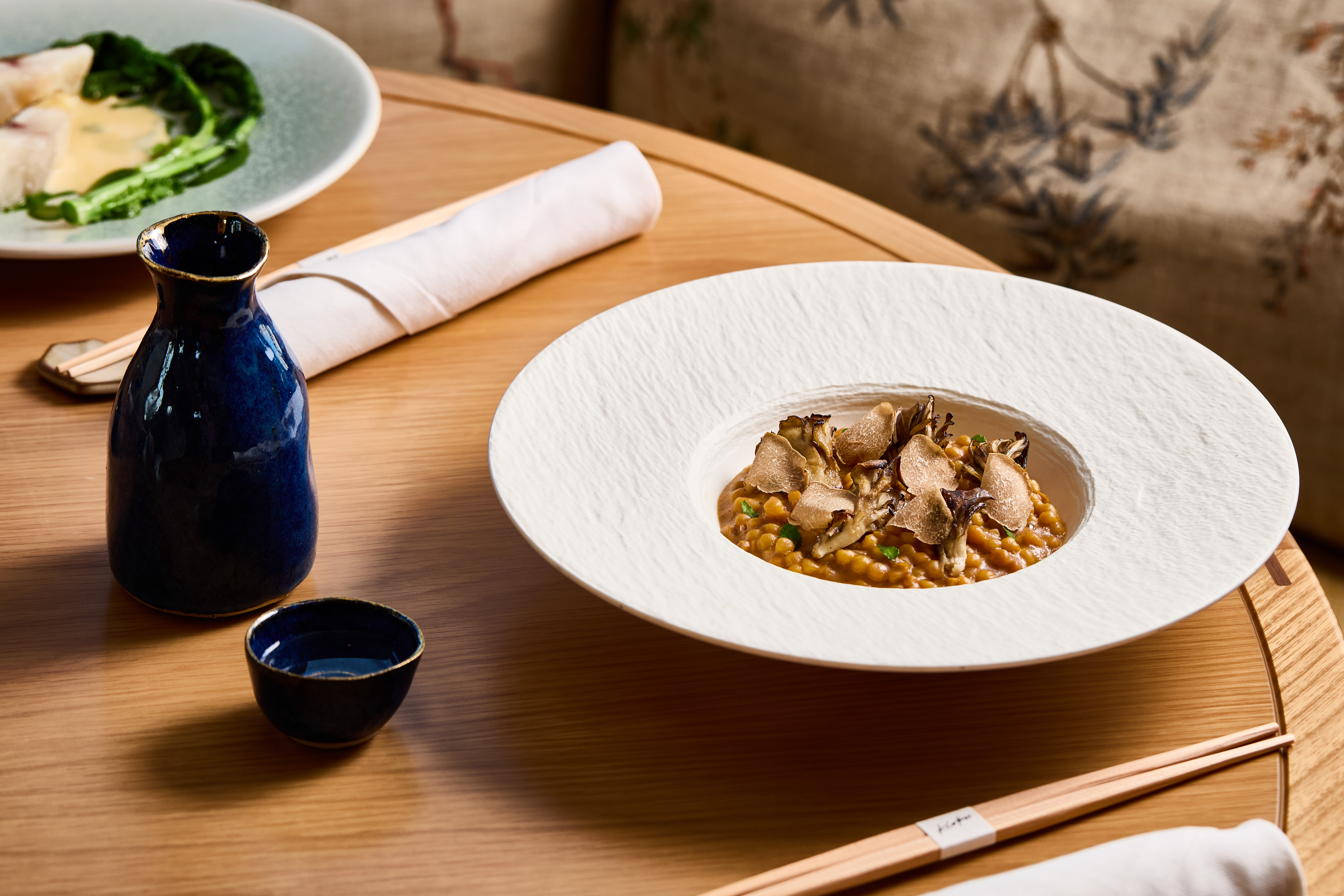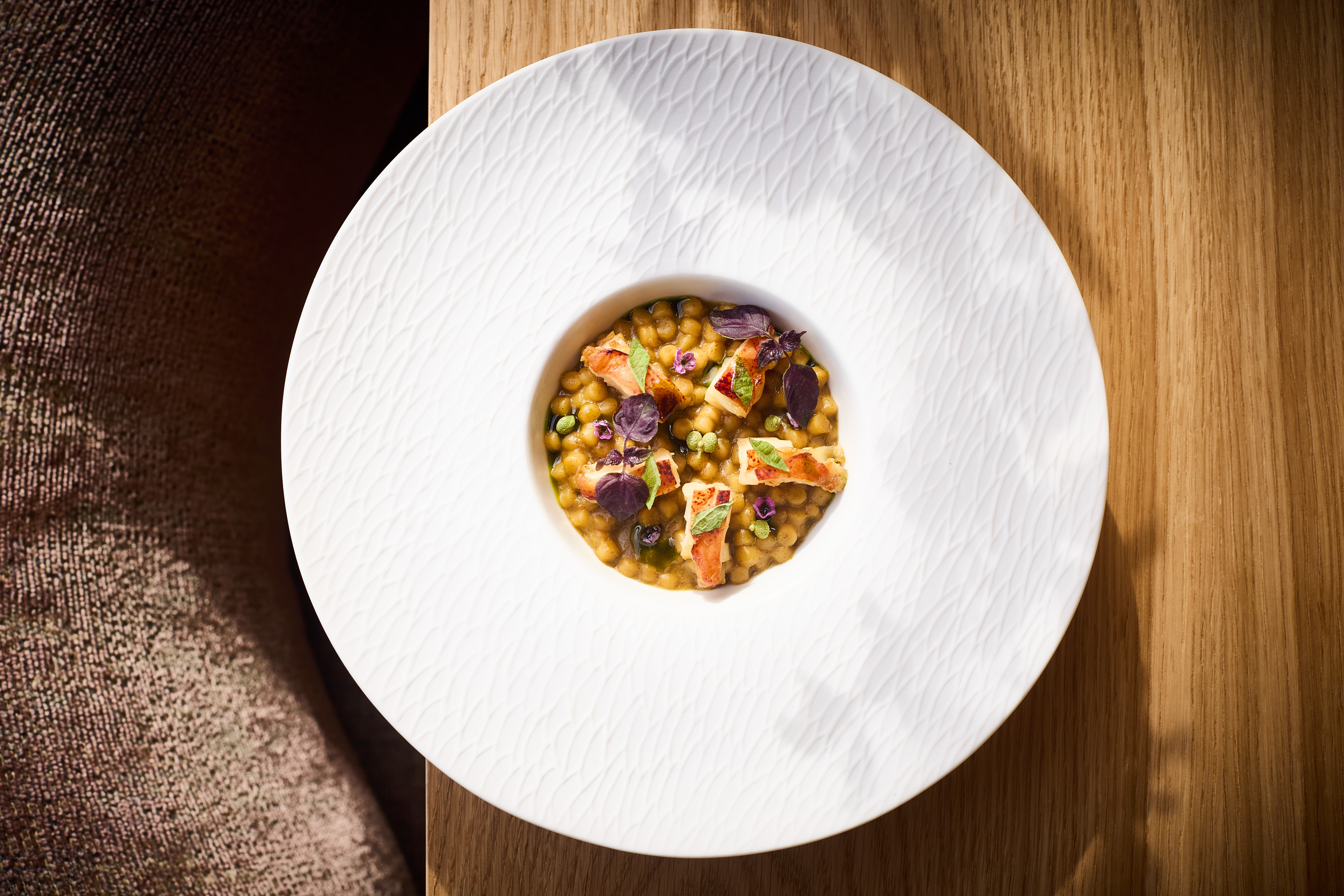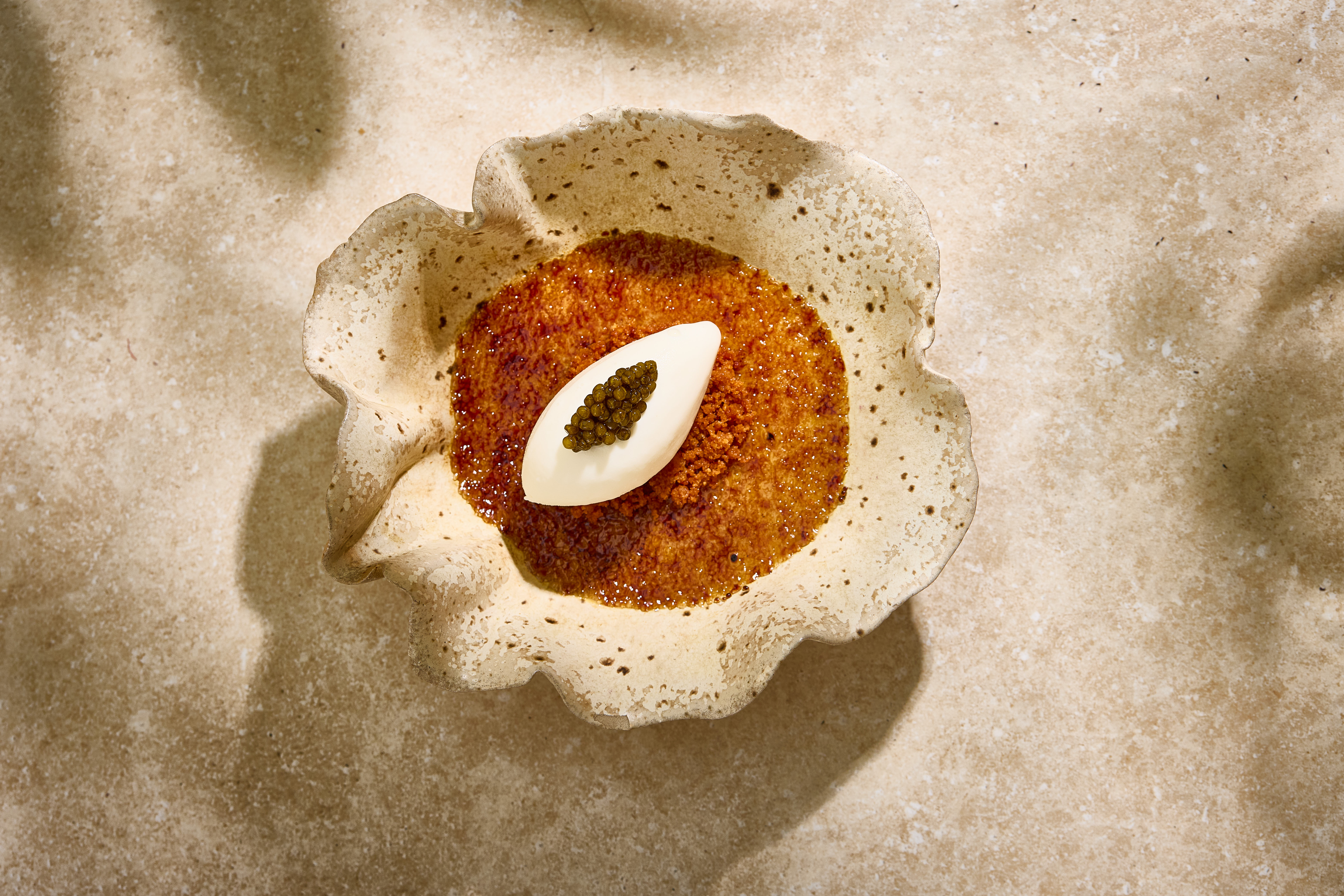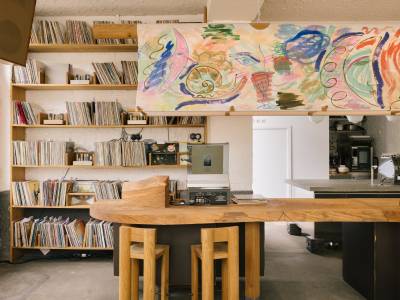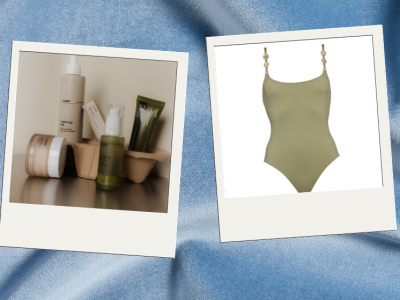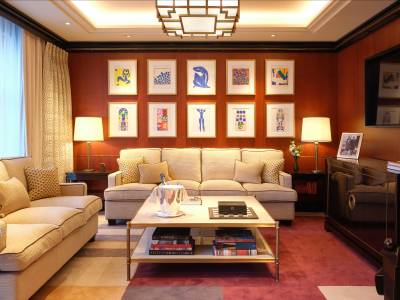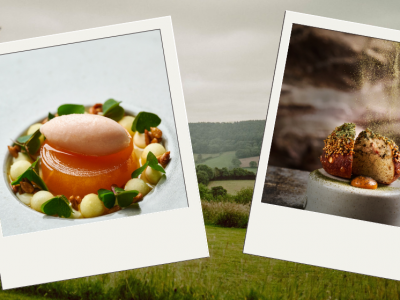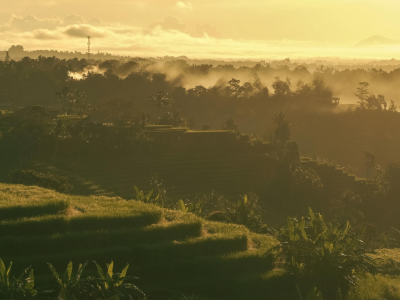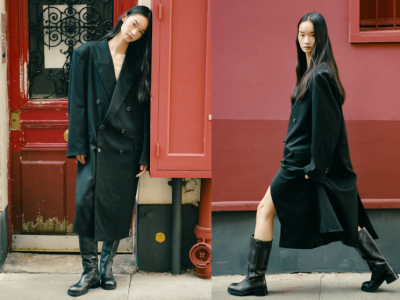This discipline was instilled in him from a young age, when he was expected to spend time in his family’s sushi restaurant – opened by his grandfather in 1940 – while his mother prepared a jam-packed weekly schedule of activities like tea ceremony, flower arrangements and choreography. As he reflects on his childhood, there’s an underlying sorrow as he shares a sense of having missed out as he grew up – on playing, on socialising and perhaps on simply relaxing. “It was a lot. I was always crying because I wanted to escape the pressure, but my mum would say you are the chef, so you must learn”, he recollects. "As a kid I wasn’t happy, but now I see if I didn’t have that experience, I wouldn’t be here."
These more confronting portrayals of his upbringing are interspersed with happy and nostalgic memories of his mother taking him to afternoon tea from when he was five or six years old at his “favourite hotel in the world”, the Hotel New Grand. This hotel played a large role in influencing Kioku, as Endo soaked up the British tradition and guest-oriented atmosphere.
Yokohama itself has a dynamic history, long known as Tokyo’s neighbouring port city welcoming foreigners and expats from Britain and all over, yet the Great Kanto Earthquake of 1923 had devastating consequences for the city and beyond. The hotel, which was reverently restored from the tragedy, serves as a symbol of the city’s resilience, as well as its legacy and innovation. It is these values that lay the foundation of Kioku, as Endo tells me a balancing act of tradition and modernity is integral. Despite the extravagance in the restaurant there is a sense of comfort – with low-ceilings, snug seating and hand-crafted touches making for a homely feel – he didn’t want it to be too shiny or overbearing.
